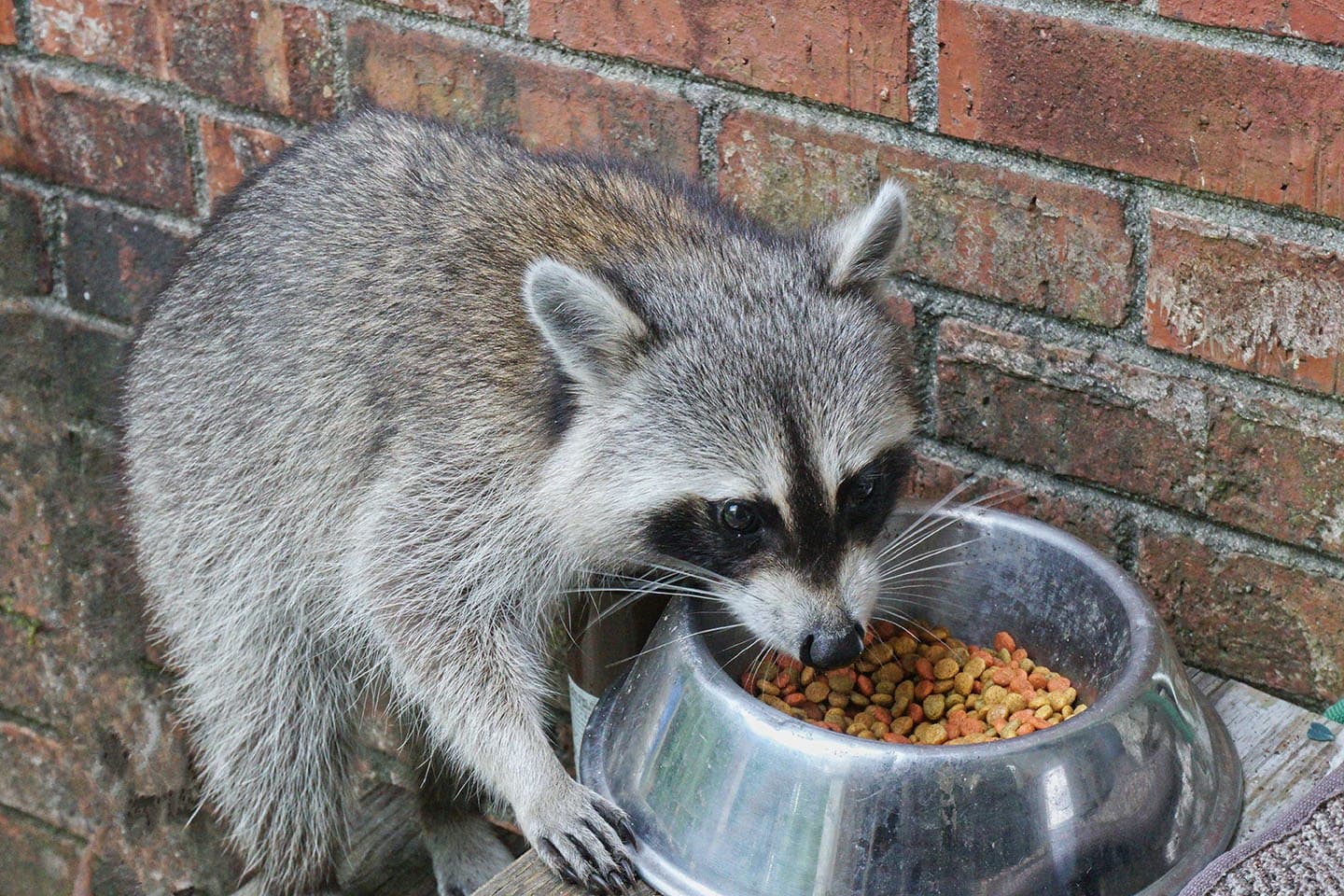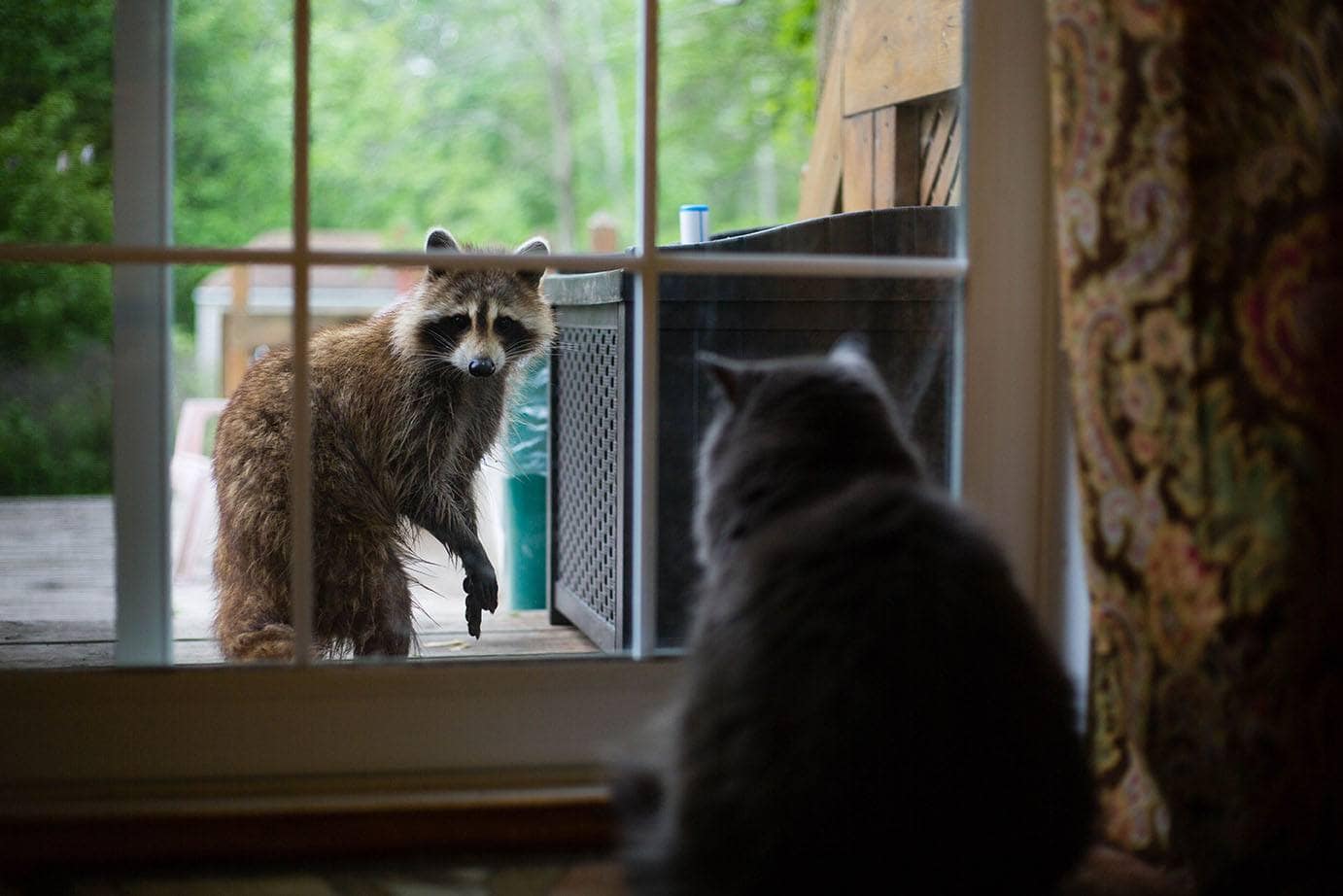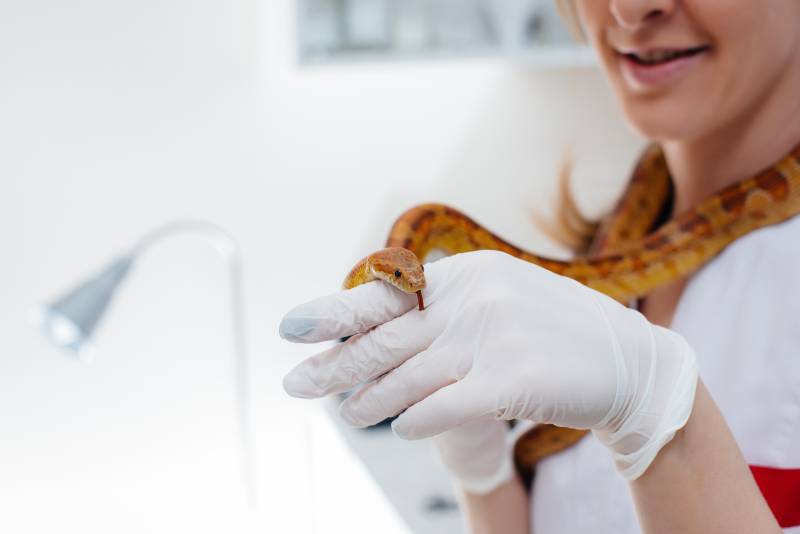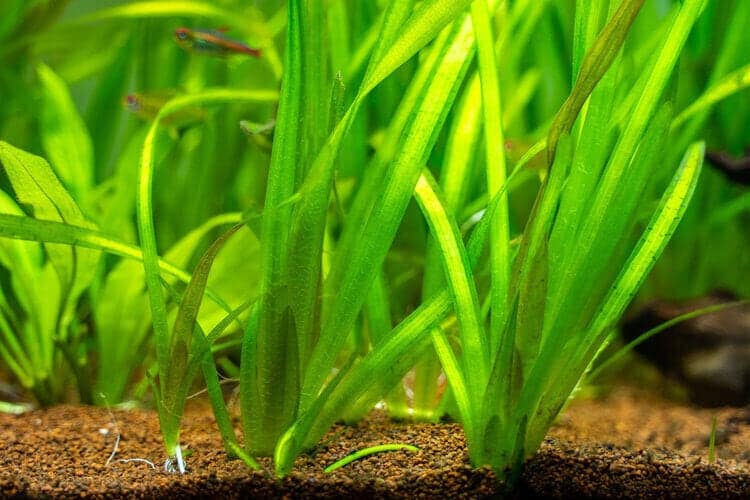VET APPROVED

The information is current and up-to-date in accordance with the latest veterinarian research.
Learn more »Let’s get straight to the point: Do raccoons attack and eat cats? This will depend on the situation, as well as the individuals involved. This is because raccoons are omnivores and opportunistic feeders. They will eat almost anything, so they don’t see cats as their main food source. Raccoons are more like scavengers, explaining why they are infamous for rummaging through garbage. But to a raccoon, a cat is too much trouble to pursue.
With that said, a raccoon is still a legitimate threat to any cat. We’ll explain why below.

Why Are Raccoons a Threat to Cats?
Raccoons are nocturnal creatures, meaning they are most active at night. Cats, on the other hand, are crepuscular, so their activity periods may overlap, increasing the chances of an encounter. Raccoons must fend for themselves, often searching for food wherever they can find it.
Their highly sensitive noses can bring them right to your doorstep or yard. What attracts raccoons to your compound, you ask? The most common culprits are the contents of your trash cans. The other thing that can attract these ring-tailed bandits to your compound is pet food.
Territorial Instincts
Nonetheless, regardless of the reason, raccoons will be stepping into your yard. Now, if you know anything about felines, then you know how territorial they can be. Therefore, while the raccoon might simply be looking for a snack, your cat might not take kindly to the blatant trespassing. Depending on your cat’s personality, a fight may ensue, with the cat being the aggressor.

Size & Skill
However, size does matter. A good illustration of why size matters is the need for weight classes in professional combat sports, such as boxing. A 200-pound individual is likely to beat a 135-pounder even if the latter is more skilled.
Similarly, a raccoon is almost always going to beat a cat in a full-blown fight, despite the cat’s superior reflexes. The bandit is simply too big for your kitty. Fortunately, it is highly unlikely that a raccoon will kill a cat during a fight. Battles usually last a few seconds, with the less-determined party scurrying away.
Illness
Keep in mind that it does not matter who the victor is. As long as there was a fight, it meant that both parties received a couple of bites and scratches. This is where the real danger is. Raccoons carry diseases that can be transmitted to cats, including rabies. Therefore, even if your kitty did not die during the fight, they can contract a nasty infection or disease from the raccoon. Without immediate vet care, your cat might succumb to the disease or infection.
When it comes to the subject of raccoons killing and eating cats, it is highly unlikely. As mentioned, raccoons do not typically see cats as prey. However, you cannot put it past a raccoon to attack and eat kittens since they are opportunistic feeders.
Fortunately, most cats seem to understand the danger a raccoon poses. As such, they tend to tolerate the bandits. On the raccoon’s part, as long as a cat does not bother them, they are highly unlikely to attack them. Raccoons simply want to scavenge and then leave.


Final Thoughts
Raccoons are unlikely to attack a cat unless the cat provokes them. However, they may attack and even kill kittens.
The best way of avoiding potential altercations between your cats and raccoons is by making your compound as unattractive to raccoons as possible. How do you do that? Simply by letting raccoons know that there’s no food to scavenge in your yard. This means not leaving pet food outside, in addition to investing in raccoon-proof trash cans. Also, if possible, do not allow your kitty to sleep outside at night.
If you deter raccoons from your yard and make it an uninviting place to be, you reduce the chances of your cat running into a raccoon, thus helping to prevent either party from becoming ill or injured.
See also:
Featured Image Credit: Corina Muresan, Shutterstock











